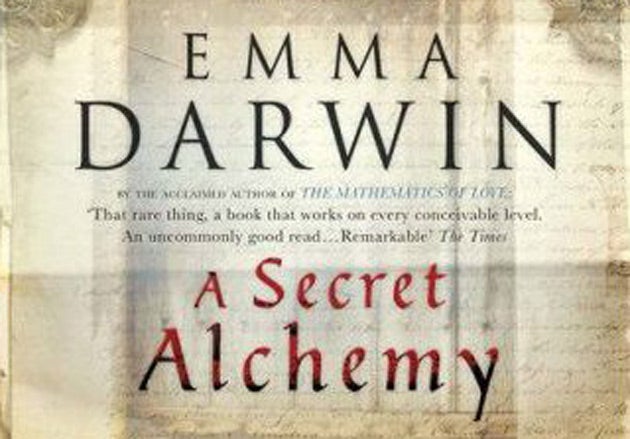The Independent's journalism is supported by our readers. When you purchase through links on our site, we may earn commission.
A Secret Alchemy, By Emma Darwin
A rousing War of the Roses tale that fails to bloom

In Richard III, there's a scene often cut in performance. A scrivener, a chronicler of public affairs, notes that an execution is being misrecorded almost as it happens. Historians long after the event will be even more unreliable, then. Shakespeare's Elizabethan audience can infer that the docudrama they're watching more than 100 years after Richard's death may be less than accurate about his guilt and Henry VII's virtue. Even now, nobody knows what happened to the Princes in the Tower: Richard's nephews, sons of Edward IV.
Emma Darwin's novel tells the story of the princes' mother, Elizabeth Woodville, and her brother Anthony, Earl Rivers, guardian to the elder boy. Darwin interleaves late-medieval plottings with the modern family saga of an academic, Una Pryor, who is researching Elizabeth's and Anthony's books. The "researcher" approach is reminiscent of Josephine Tey's The Daughter of Time.
The Pryors' bereavements and betrayals don't illuminate the Plantagenets' troubles, or vice versa. The medieval and modern are linked by metaphors of alchemy through art, sex or chemistry. The Pryors, intellectual aristocrats, run a distinguished printing house and are named after characters in Malory's Le Morte d'Arthur; Antony meets him the freezing night before the battle of Towton. It feels forced.
Five years older than Edward IV, a widow with children, Elizabeth was the first commoner since the Norman Conquest to marry an English king. She reignited the civil war. Here she's a hot-blooded proto-feminist. But Darwin is successful with Anthony. He recounts, hour by hour, his thoughts during his last day's ride under guard, recrossing ground he fought over to execution at Pontefract.
Darwin is good at minds sliding between past and present, between Anthony's memory of cameraderies during the Woodville ascendancy and present misery. She creates a medieval sensibility in his terror and relief that he knows the hour of his death; he can die shriven of his sins.
But she lets him continue his narrative until his head is on the block, and drafts in Stephen Fairhurst from her first novel to fall on his knees in sympathy. She may mean to suggest the fictionality of history, but it's irritating. Anthony's meditations on his life and times, intercut with Elizabeth's and Una's stories, would have made a better book.
Join our commenting forum
Join thought-provoking conversations, follow other Independent readers and see their replies
Comments